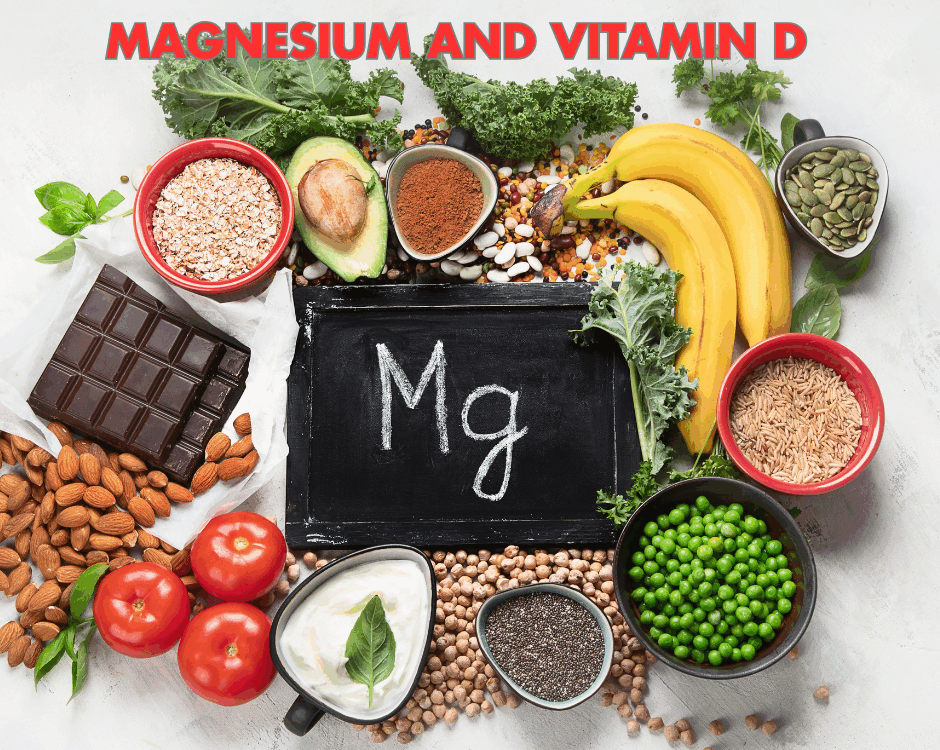That Headache is From Your Motor Vehicle Accident

Horray for Magnesium in Your Diet!
August 19, 2024
Car Accidents and Common Skin Injuries
August 28, 2024- Accident doctor
- accupuncture
- airplane headache
- alzheimer's
- best habits
- Brain Injuries
- car accident
- car accidents
- cervical strain
- colds
- concussion
- Concussions
- disc bulge
- dosage meds
- dry needling
- dull pain
- E bike injuries
- florida
- good posture
- headaches
- Headrest positions
- Headrest positions after an accident
- Healthy choices
- Healthy flying
- healthy gift guide
- Healthy SPring Ideas
- hip pain
- hyperextension
- injury doctor
- insurance
- Kayaking
- kentucky
- kids motion sickness
- lifestyle
- motion sickness
- neck injury
- no fault insurance doctor
- noise healing
- osteoporosis
- pain symptoms
- pink noise
- posterior chain
- posture
- prevent osteoporosis
- Rest
- Scoliosis
- shoulder pain
- Stress with kids after a motor vehicle accident
- TBI
- tips
- tmj
- torn muscle
- Traumatic Brain Injury
- trigger points
- VitaminD
- What are Post Traumatic headaches?
When to Assume Your Headache is from Your Motor Vehicle Accident
At Chambers Medical Group, one of the highest rated car accident medical care programs in Kentucky, we treat a myriad of different conditions resulting from traumas received in motor vehicle accidents (MVAs). One very common condition we see is headaches. Understanding when a headache might be directly related to your accident is important for treatment. Dr. Aaron Workman, a patient favorite at Chambers Medical Group, talks about some signs to watch out for in determining whether the onset of your headache is due to the accident or from something else.
Immediate Onset After the Accident
One of the most obvious signs that your headache is related to the MVA is the timing of its onset. If your headache began shortly after the accident, it is likely related to the trauma experienced during the impact. Headaches that start immediately or within hours of the accident could be the result of several factors, such as whiplash, a concussion, or even stress and anxiety which could lead to higher blood pressure.
If your accident ended with a trip to the emergency room, you may have been given a diagnosis of whiplash. This type of acute trauma is a common cause of headaches. It occurs when the neck is suddenly and forcefully jerked forward and backward, straining the muscles and ligaments. The pain from whiplash can radiate up to the head, causing a tension-type headache. This type of injury can also lead to headaches developing later into the day as the neck muscles become fatigued faster due to acute trauma.
Persistent or Worsening Pain
If your headache persists for several days or weeks after the accident or seems to be getting worse over time, this could indicate a more serious problem. Post-traumatic headaches can develop even after minor accidents due to the nature of force being exerted into the body. These headaches may be due to muscle strain, nerve compression, or even a mild traumatic brain injury (MTBI), such as a concussion. It is not unusual for patients to downplay a concussion because they did not hit their head during an accident. Unfortunately, just the force of impact can cause the brain to move rapidly inside the skull leading to injury. Typical concussion types of headaches can include a foggy headed feeling, dizziness, nausea, and bright light or noise sensitivity.
Accompanying Symptoms
The presence of other symptoms alongside your headache can also be a strong indicator that it is related to the accident. For example, if you experience neck pain, stiffness, or limited range of motion in addition to your headache, this may point to whiplash. If you notice symptoms like dizziness, confusion, memory problems, or difficulty concentrating, a concussion might be the cause. In some cases, the post MVA headache may be accompanied by visual disturbances, such as blurred vision, or seeing spots or “stars,” or sound disturbances such as ringing in an ear or diminished sound in an ear. These could indicate a more severe injury that would require more immediate attention.
If you find yourself suffering with a headache following an accident, the doctors at Chambers Medical Group can help. It is important to be evaluated no matter your symptoms but even more so if you are experiencing a headache. Understanding the timing, pain type, and extra symptoms of the headache can help us determine whether it is related to your accident. The earlier symptoms are evaluated the faster your road to recovery could be.
— This article is written by Aaron Workman, DC, one of the members of Chambers Medical Group’s team of car accident chiropractors who offer a variety of treatments and therapies ranging from diagnostic testing to various soft tissue therapies for car accidents and injuries in Kentucky.
- Car Accident Medical Clinic in Tampa
- Car Accident Medical Clinic in Plant City
- Car Accident Medical Clinic in Brandon
- Car Accident Medical Clinic in Lakeland
- Car Accident Medical Clinic in Sarasota
- Car Accident Medical Clinic in Louisville
- Car Accident Medical Clinic in Lexington
- Car Accident Medical Clinic in Florence




